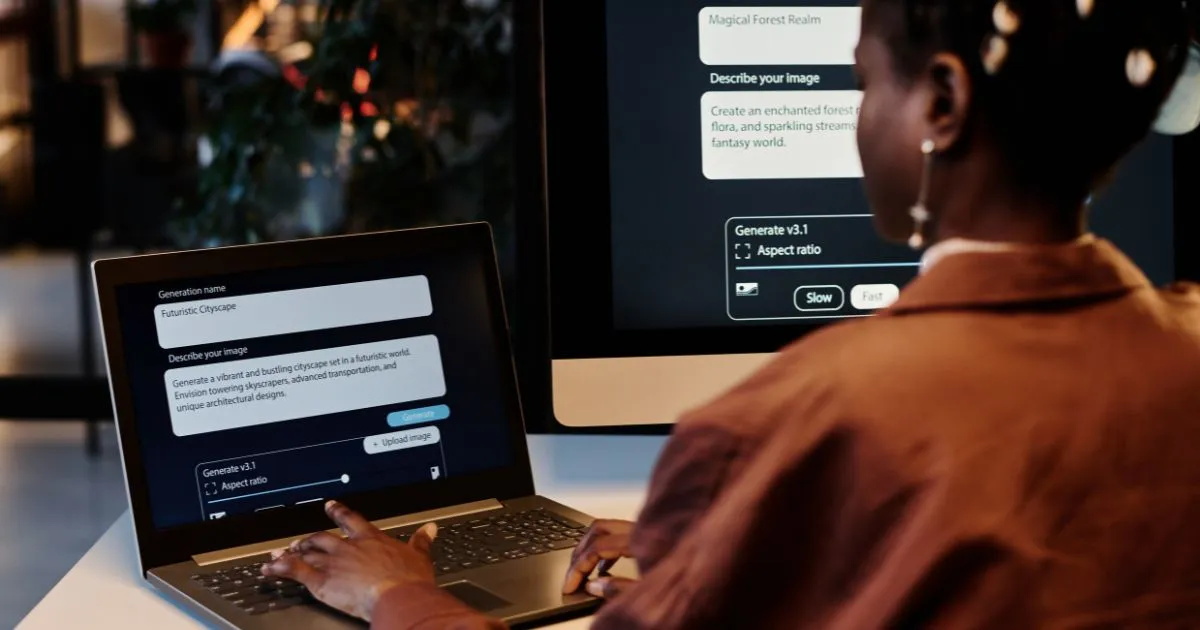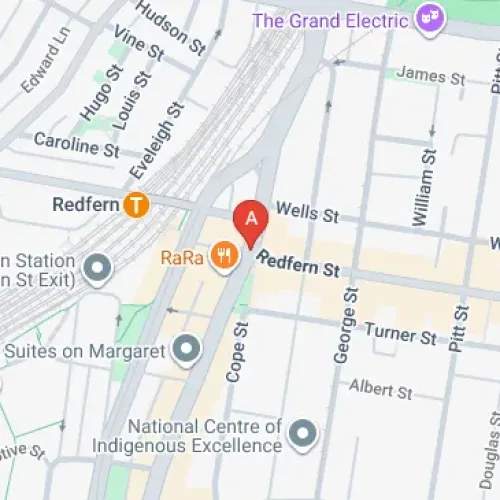The Role of AI in Managing Peer-to-Peer Parking Transactions

As urban areas in Australia continue to grapple with limited parking spaces and increasing vehicle ownership, innovative solutions are emerging to address these challenges. One such solution is the integration of Artificial Intelligence (AI) in managing peer-to-peer parking transactions. This technology is revolutionising how we think about and utilise parking spaces, offering a more efficient and flexible approach to urban parking. Whether you're a property owner with an unused driveway, a driver tired of circling the block for a spot, or a city planner looking to optimise parking resources, understanding the role of AI in this domain is crucial. Peer-to-peer parking platforms are transforming unused private parking spots into valuable assets, and AI is at the forefront of making these transactions smoother and more reliable.
Understanding AI in Peer-to-Peer Parking
AI in peer-to-peer parking refers to the use of machine learning algorithms and data analytics to facilitate and optimise the sharing of private parking spots. This technology emerged as a response to the increasing congestion in urban areas and the inefficient use of existing parking infrastructure. Historically, parking management has been a manual and often frustrating process. However, with the advent of smartphones and IoT devices, the foundation was laid for more intelligent parking solutions. AI builds upon this by analysing patterns, predicting demand, and automating transactions, thus creating a more dynamic and responsive parking ecosystem. According to a recent report by the Australian Government, efficient parking management is crucial for reducing congestion and improving urban liveability, making AI-driven solutions increasingly relevant.

How AI Manages Peer-to-Peer Parking Transactions
AI manages peer-to-peer parking transactions through a combination of technologies and processes:
- Real-time availability tracking using sensors and user input
- Predictive analytics to forecast parking demand in specific areas
- Dynamic pricing algorithms that adjust rates based on demand
- Automated booking and payment systems
Smart parking systems powered by AI can analyse historical data, weather patterns, and local events to predict parking demand accurately. This allows for more efficient allocation of spaces and helps drivers find parking quickly. The AI also handles the entire transaction process, from matching drivers with available spots to processing payments securely. The integration of AI into car park management enhances user experience by providing seamless navigation and payment options, ensuring a hassle-free parking experience.
Benefits of AI in Peer-to-Peer Parking
The integration of AI in peer-to-peer parking offers numerous advantages:
- Reduced time spent searching for parking, leading to less traffic congestion
- More efficient use of existing parking infrastructure
- Additional income for property owners with unused parking spaces
- Decreased need for constructing new parking facilities
AI-driven systems can significantly improve the utilisation of parking lots and street parking. By optimising the use of existing spaces, cities can reduce the need for new parking construction, potentially freeing up land for other purposes. For drivers, this means less time wasted circling for a spot and more predictable parking experiences. Property owners benefit from a new revenue stream, turning their unused driveways or garages into valuable assets. According to recent data, cities implementing AI parking solutions have seen a 20% reduction in traffic congestion during peak hours. The increased convenience can also lead to higher customer satisfaction for local businesses, as customers find it easier to access their establishments. As per Folio3 AI, "AI smart parking eliminates the stress of drivers driving around in search of parking spaces." This not only reduces fuel consumption but also alleviates parking anxiety, making urban mobility more seamless and efficient.

Challenges and Limitations
Despite its potential, AI in peer-to-peer parking faces several challenges:
- Privacy concerns regarding data collection and usage
- Initial implementation costs for sensors and infrastructure
- Potential for system errors or outages affecting reliability
- Resistance from traditional parking operators
One of the main hurdles is ensuring the accuracy and reliability of the AI systems. As noted by Daniel Battaglia in Parking Made Easy: Making Life Easier, "The success of AI in parking management hinges on the quality and quantity of data it can access. Without robust data collection methods, even the most sophisticated AI can falter." Additionally, there are concerns about the impact on traditional parking businesses and the potential for AI to exacerbate inequality in parking access if not implemented thoughtfully. Furthermore, ensuring cybersecurity for these systems is crucial to protect user data and prevent unauthorized access. Stay informed about the latest developments in AI and parking to address these challenges proactively and ensure a secure and equitable implementation.
Real-World Applications and Case Studies
Several Australian cities have begun implementing AI-driven peer-to-peer parking solutions:
- Sydney's trial of smart parking sensors in high-traffic areas
- Melbourne's integration of AI in its citywide parking management system
- Brisbane's use of predictive analytics to guide parking policy decisions
For instance, Melbourne's smart parking initiative has reportedly reduced traffic congestion by up to 10% in pilot areas. The system uses AI to guide drivers to available spots quickly, reducing the time spent searching for parking. This not only improves the driver experience but also contributes to reduced emissions from idling vehicles. In Sydney, Transport for NSW is exploring AI-powered solutions to optimize parking and reduce congestion, aiming to enhance the overall efficiency of the city's transport network. These initiatives showcase the potential of AI in creating smarter, more sustainable urban environments. In Adelaide, a trial program uses sensors to monitor parking space availability and provide real-time data to drivers, reducing search times and improving traffic flow.

Future Trends and Predictions
The future of AI in peer-to-peer parking is likely to see:
- Integration with autonomous vehicle systems for seamless parking
- Enhanced use of blockchain for secure and transparent transactions
- AI-powered parking garages that maximise space efficiency
- Increased collaboration between private parking owners and city planners
As AI technology evolves, we can expect more sophisticated prediction models that can anticipate parking needs days or even weeks in advance. This could lead to more dynamic urban planning, where parking spaces are flexibly allocated based on changing needs. The integration with autonomous vehicles could revolutionise how we think about parking, potentially eliminating the need for parking in high-traffic areas altogether. Blockchain technology could ensure secure and transparent transactions, building trust between parking space providers and users. These advancements will contribute to a more seamless, efficient, and sustainable urban parking ecosystem. Furthermore, AI can optimize parking station layouts to increase capacity and reduce wasted space. For example, AI-driven robotic parking systems are already being implemented in some cities, allowing cars to be stacked more efficiently. These innovative solutions are transforming the traditional car park into a smart, automated hub. Parking Made Easy is committed to staying at the forefront of these technological advancements, providing users with the most innovative and user-friendly parking solutions available.
Conclusion: Embracing the Future of Parking
AI's role in managing peer-to-peer parking transactions represents a significant leap forward in urban mobility solutions. By optimising the use of existing parking infrastructure and facilitating smoother transactions between parking space owners and drivers, AI is helping to create more efficient, less congested cities. As we move towards smarter urban environments, the integration of AI in parking management will likely become increasingly crucial.
For property owners, this technology offers a new way to monetise unused spaces. For drivers, it promises less time wasted and more predictable parking experiences. And for cities, it presents an opportunity to manage urban spaces more effectively. Stay informed about the latest developments in AI and parking to be part of this exciting transformation. What are your thoughts on AI's role in parking management? Share your experiences or leave a comment below to join the conversation on the future of urban parking. Sign up for a free account today and experience the convenience of AI-powered parking solutions!
**Daniel Battaglia, Parking Made Easy:** As part of the Parking Made Easy team with the assistance of Generative AI, Daniel Battaglia offers his experience in the car parking industry. He is dedicated to providing valuable information and resources to help you make smart parking choices and has been widely quoted in national media outlets. Connect with Daniel directly at daniel@parkingmadeeasy.com.au for further assistance.



Share